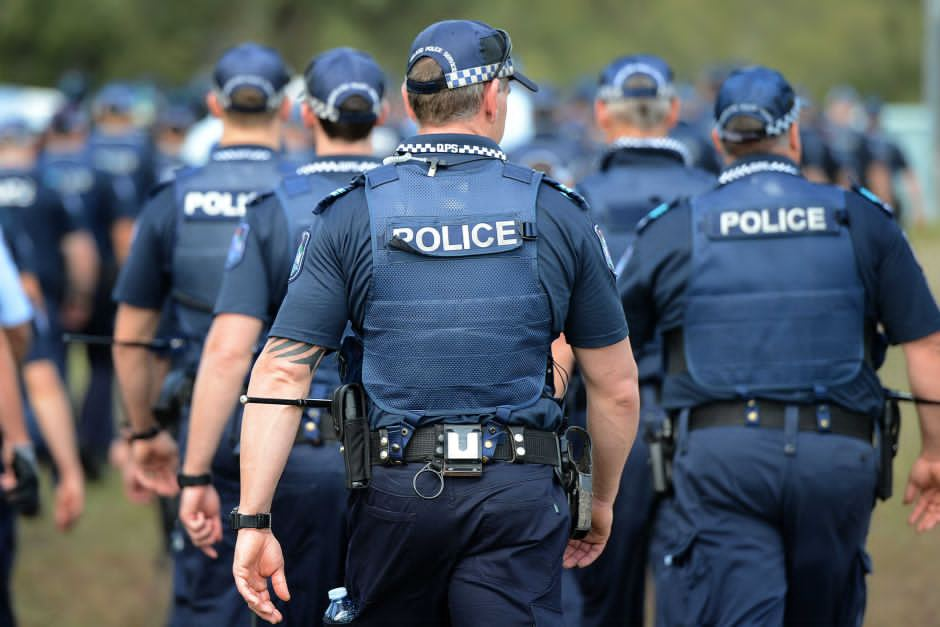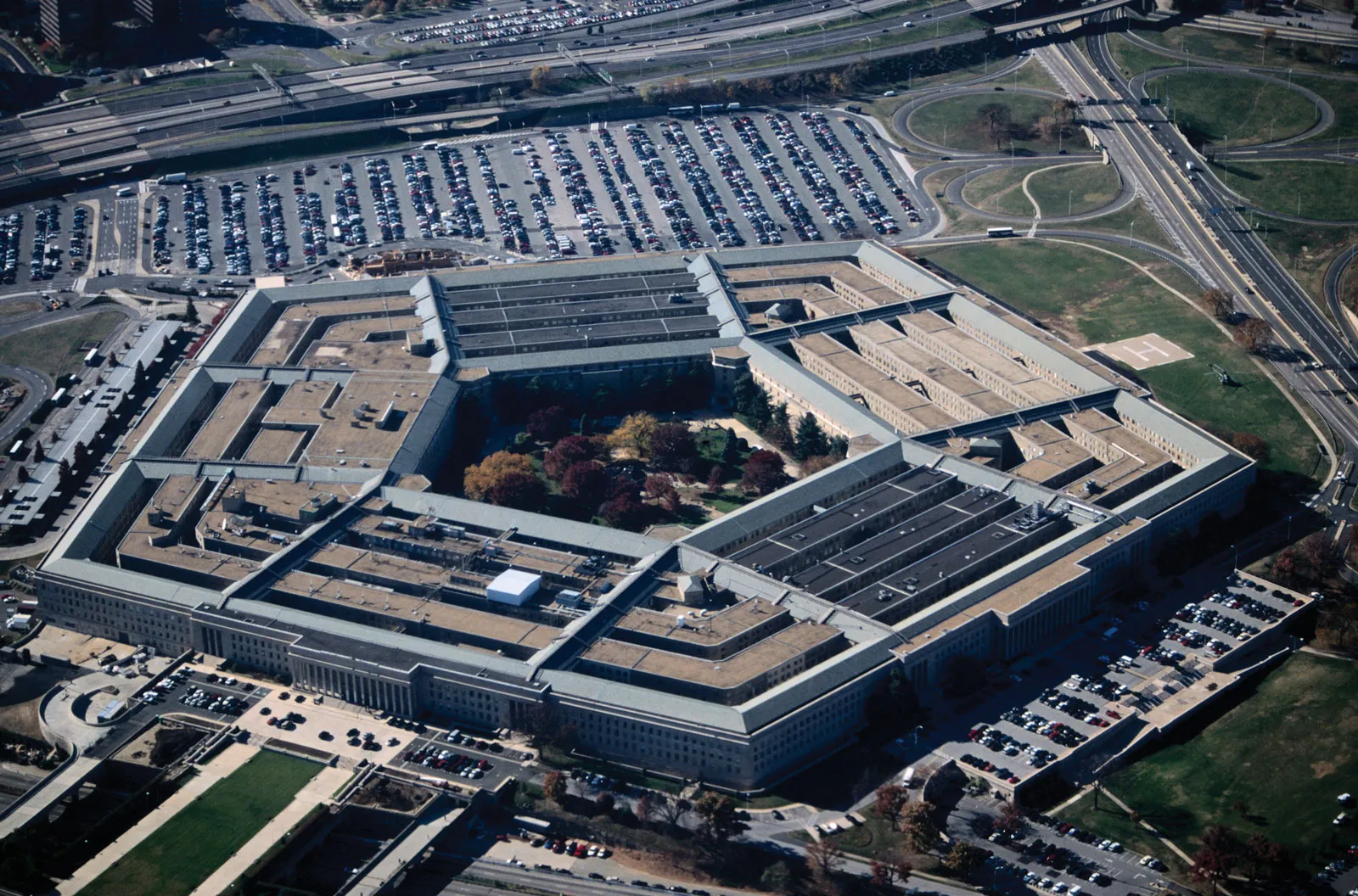European Centre for Counterterrorism and Intelligence Studies, Germany & Netherlands – ECCI
After Years of ‘Hell’ in ISIS Detention Camp, 17 Australians Return Home
Dozens more Australians, many of them children, are still being held in Syria, but there is hope that the government will soon sponsor more releases.
By Natasha Frost and Livia Albeck-Ripka
Nytimes – MELBOURNE, Australia — Seventeen Australian citizens — four women and 13 children — on Thursday began the long journey home from detention camps in northeast Syria, where they have languished since the fall of the Islamic State in Iraq and Syria, also known as ISIS, in 2019.By Saturday, they had returned to New South Wales, Australia, according to a statement from Clare O’Neil, the Australian minister for home affairs.
“The focus has been the safety and security of all Australians as well as the safety of those involved in the operation,” Ms. O’Neil said. “Informed by national security advice, the Government has carefully considered the range of security, community and welfare factors in making the decision to repatriate.”Dozens of other Australians are still being held at the camps. But there are hopes that this will be the first of several releases sponsored by the government. Many of the people who remain are children who have spent most or even all of their lives in detention.
After the collapse of ISIS, human rights groups and family members around the world called on governments to bring home the wives and children of the group’s fighters who had been left behind amid the ravages of war. But security concerns and political wrangling have kept many repatriations on hold, sometimes for years.
In July, France reversed course by bringing home 16 women and 35 children, some of whom were orphans. The country had formerly resisted calls to repatriate adult women who had left home to join the Islamic State, saying it considered them “fighters” who should be tried not in France but in the places where they were accused of committing crimes.
Last month, Europe’s top human rights court called on the French government to bring home the families of two Islamic State fighters, in a landmark ruling that may push other European countries to speed up the repatriation of nationals in Syria.In Australia, family members have for years been lobbying the government to bring their children or grandchildren home. But the decision to repatriate the families, which families learned via news reports earlier this month, was a shock, said Kamalle Dabboussy, whose 31-year-old daughter, Mariam Dabboussy, has been living in one of the camps with her three children.
“I actually stopped,” he said in an interview this month, of his reaction to the reports that the women and children would soon be returning to Australia. “I couldn’t breathe for a few minutes, totally overwhelmed, couldn’t believe what I was reading.”Off the back of devastating wildfires, the shock of the coronavirus pandemic and a change in government, any progress he and other families had once made with the Australian government seemed to have been lost.
“Unfortunately, the whole world was disrupted by Covid,” Mr. Dabboussy said. “And these women and children ended up suffering longer than needed to, by virtue of being in the camps.”The Australian government last repatriated Australians from Syria in 2019, when the six orphaned children and grandchildren of Khaled Sharrouf, a notorious Islamic State fighter, returned to live with their grandmother and great-grandmother, Karen Nettleton.
But under Scott Morrison, the former Australian prime minister, the government adopted a hard-line approach and declined to repatriate more people from the camps. A change in government after the federal election this year appears to have heralded a different approach.Speaking at a news conference on Friday, Prime Minister Anthony Albanese of Australia did not address the repatriations directly, but said: “My government will always act to keep Australians safe and will always act on the advice of the national security agencies.”
Rights groups applauded the decision to return the women and children to Australia, but noted that the process had been long and painful. “It can’t come soon enough for these kids, who’ve been living in desperate conditions for the last three and a half years,” Mat Tinkler, the chief executive officer of Save the Children Australia, said earlier this month. “These kids have lived through hell.”
The children face health challenges, Mr. Tinkler said. “Some of them have untreated shrapnel injuries, and they’ve been living in camps for the last three and a half years, where there’s very limited access to health support and nutritious food.”Moreover, successful readjustment to life in Australia after the pressures of living in a war zone, with little education, is likely to take major psychological and social support, he added. “It’s going to require significant adjustment for them. They’ve been in a very difficult context.”
Al-Hol is one of the camps where the families have been held. A sea of white tents in drought-stricken northeastern Syria, it is inhabited by 55,000 people, mostly women and children, roughly half of them younger than 12. About 25 murders have taken place at the camp this year.The Australian now government faces the challenge of reintegrating those returning into a society that may feel very unfamiliar. Some may also be subject to investigation by law enforcement agencies in Australia, Ms. O’Neil said.
Living under such bleak and brutal conditions, the children left in the camps are especially vulnerable to radicalization, experts say. At least 50 Australians still remain in detention in Syria, according to Human Rights Watch.On Saturday morning, some families were reunited for the first time in years. Seeing his daughter and grandchildren in a hotel room in Sydney was a profoundly emotional experience, Mr. Dabboussy said.




